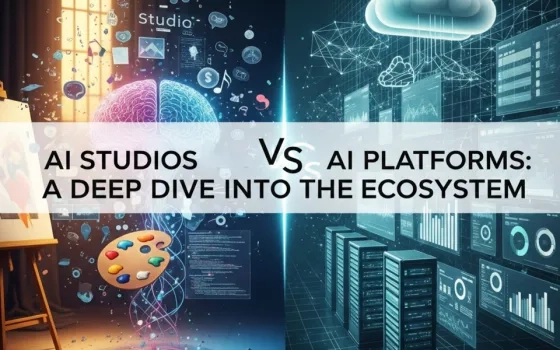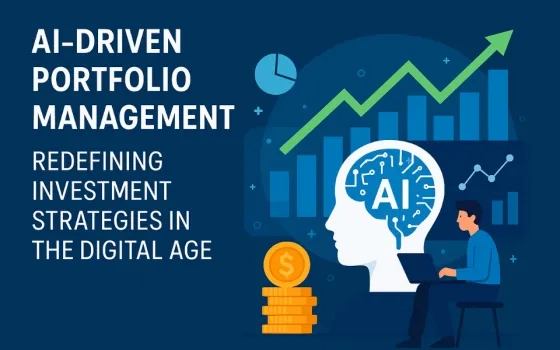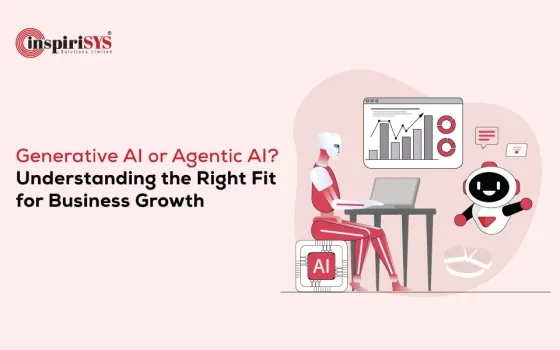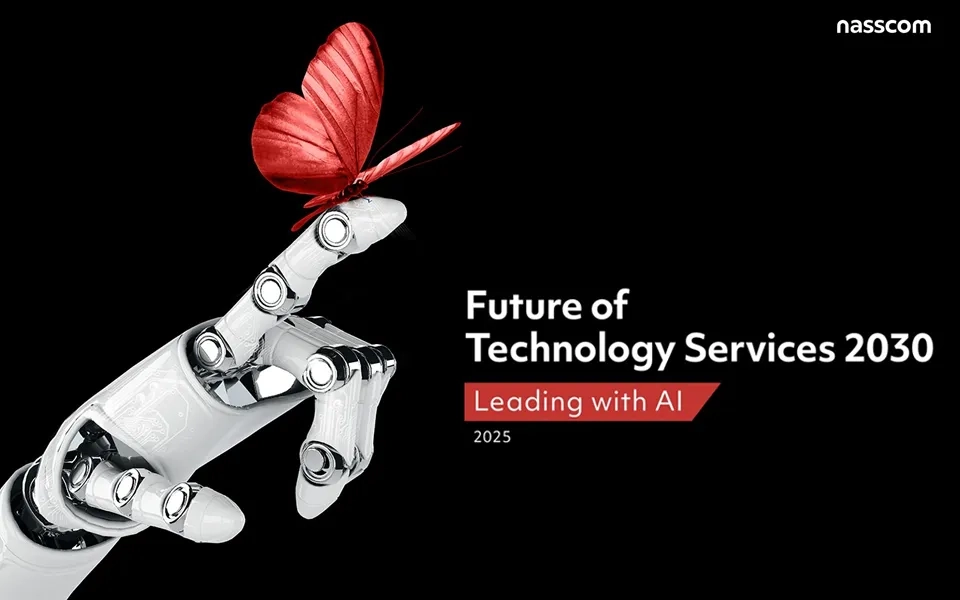Enterprise Resource Planning (ERP) systems have been a cornerstone of modern business operations for decades. They help companies manage their resources, streamline their workflows, and improve their overall efficiency. However, traditional ERP systems can be expensive, complex, and time-consuming to implement, making them inaccessible to smaller businesses and startups. This is where no-code/low-code ERP platforms come into play. These systems require little to no coding knowledge, making them accessible to businesses of all sizes. But can no-code/low-code ERP systems really replace traditional ERP platforms?
In this article, we'll explore the benefits and drawbacks of both approaches and see if no-code/low-code ERP platforms are ready to take over the market. Let’s begin!
All About ERP Platforms
Let’s start off with a bit of revision. As you must know, Enterprise Resource Planning (ERP) systems are software solutions that help businesses manage their day-to-day operations, including financial management, human resources, supply chain management, customer relationship management, and more. ERP systems integrate different business functions and provide a centralized database for all data, enabling businesses to have a holistic view of their operations. In fact, 53% of businesses believe ERP is one of the priority sectors for investments.
ERP systems are important for several reasons. First, they help businesses increase efficiency and productivity by automating routine tasks, reducing errors, and streamlining workflows. This frees up employees to focus on more strategic tasks, such as customer acquisition and product development. Second, ERP systems provide real-time data analytics and reporting, allowing businesses to make informed decisions based on accurate information. Lastly, ERP systems improve collaboration and communication within and between departments, leading to better decision-making and increased transparency.
If all’s well and ERP systems are helping organizations so much, then why are we even talking about replacing them? Why is there a need to do so?
Challenges Associated with Legacy ERP Systems
Legacy ERP systems, which are typically older, on-premise software solutions, can hold back a business in several ways. These systems were designed to meet the needs of businesses in a different era and can struggle to keep up with the rapidly changing technological landscape of today's business world. Here is why your traditional ERP could be harming your business:
1. Lack of Flexibility and Customization
One of the most significant challenges with legacy ERP systems is their lack of flexibility and customization options. These systems are often designed to meet the specific needs of a business at a particular time, and any changes to the system require significant time and resources. This can be a major challenge for businesses that need to adapt quickly to changing market conditions or customer demands.
2. Limited Integration Capabilities
Legacy ERP systems were not designed to integrate with other software solutions, which can create data silos and limit the visibility of critical business information. This can make it difficult for businesses to make informed decisions or take advantage of emerging technologies like AI, machine learning, or IoT.
3. Outdated User Interface
Many legacy ERP systems have outdated user interfaces that are difficult to use and not intuitive. This can lead to decreased productivity and increased frustration among employees who need to use the system regularly. It can also make it difficult to onboard new employees and ensure that they are using the system correctly.
4. Security Risks
Legacy ERP systems may be more vulnerable to security threats, as they may not have the latest security patches and updates. This can leave a business open to data breaches or other cyber attacks, which can be costly and damaging to the company's reputation.
5. Costly Maintenance
Maintaining a legacy ERP system can be costly and time-consuming, as it requires specialized knowledge and resources to keep the system up to date. This can divert resources away from more strategic initiatives and make it difficult for businesses to stay competitive in their industry. According to one study, firms using old ERP systems spend between 60% and 80% of their IT budget on maintenance compared to those who have shifted to modern ERP software.
6. Limited Mobile Accessibility
Most legacy ERP systems are not designed to be accessed from mobile devices, which can limit the ability of employees to access critical business information when they are away from the office. This can be a major challenge for businesses that have remote or field-based employees who need to access the system on the go.
To stay competitive in today's rapidly changing business landscape, businesses need to consider modern cloud-based ERP systems that offer greater flexibility, scalability, and integration capabilities. By doing so, businesses can stay ahead of the curve and achieve greater success in the long run.
Naturally, the question arises, what is the best way to create an ERP system that helps your business thrive and compete? One that does away with all these challenges? Well, look no further because we have the perfect solution in mind.
No-Code/Low-Code for ERP Modernization
Just to recap, no-code/low-code technology refers to software development platforms that allow users to create applications without requiring advanced coding skills. These platforms typically use visual interfaces, drag-and-drop tools, and pre-built templates to enable users to create applications quickly and easily.
When it comes to ERP modernization, no-code/low-code technology can be a game-changer. Traditionally, ERP systems have been expensive and time-consuming to implement, often requiring extensive customization and development work. With no-code/low-code ERP systems, businesses can implement and customize their ERP systems much more quickly and at a lower cost.
Here are some reasons why organizations should consider ERP modernization with no-code/low-code technology:
1. Faster Implementation
No-code/low-code ERP systems can be implemented much more quickly than traditional ERP systems. This is because the visual interface and pre-built templates allow users to create and configure their ERP system with minimal coding or development work.
2. Increased Efficiency
Modern ERP systems with no-code/low-code can increase efficiency by automating routine tasks and streamlining workflows. This frees up employees to focus on more strategic tasks, such as customer acquisition and product development.
3. Improved Data Analytics and Reporting
No-code/low-code ERP systems provide real-time data analytics and reporting, allowing businesses to make informed decisions based on accurate information.
So, is it time for you to completely do away with your current ERP system? Do you need to start afresh with no-code/low-code technology?
Using No-Code/Low-Code in Conjunction With Your Existing ERP System
Answering the million-dollar question, you simply don’t have any need to make it no-code/low-code vs your existing ERP system. One does not have to replace the other, as both can work in conjunction to create magic. Your current ERP system, despite its shortcomings, is designed to fit into your organizational processes. The people in your organization must also have a certain level of comfort with it. However, this does not mean that you need to put up with all the shortcomings of a legacy system. You can use no-code/low-code to get rid of these challenges without having to start from scratch. Let’s explore the various advantages of using no-code/low-code with your existing ERP system:
Integrating no-code/low-code technology with existing ERP systems can offer several advantages, including:
1. Faster Customization
Using no-code/low-code technology, businesses can customize their existing ERP system without needing to hire additional developers or programmers. The visual interface and drag-and-drop tools allow business users to create and modify workflows, forms, and reports without needing to write any code.
2. Lower Costs
Implementing a new ERP system can be a costly endeavor, but no-code/low-code technology can reduce costs by allowing businesses to modify and extend their existing ERP system without the need for expensive customization or development work.
3. Improved User Experience
By using no-code/low-code technology, businesses can improve the user experience of their existing ERP system. They can create custom forms and workflows that are tailored to their specific needs, making it easier for employees to complete tasks and access the information they need.
4. Greater Flexibility
No-code/low-code technology allows businesses to make changes to their existing ERP system quickly and easily. This provides greater flexibility, enabling businesses to adapt their system to changing business needs and requirements.
5. Reduced Risk
When implementing a new ERP system, there is always a risk of disruption and downtime. By using no-code/low-code technology to modify their existing ERP system, businesses can reduce this risk by avoiding the need for a complete system overhaul.
6. Increased Innovation
No-code/low-code technology empowers business users to experiment with new workflows, forms, and reports, encouraging innovation and experimentation.
The Takeaway
Using no-code/low-code to update and modernize your legacy ERP systems gives you the power to have the best of both worlds. While you can continue using a system you’re comfortable with, you can do away with all the challenges associated with a legacy system. By leveraging the visual interface and drag-and-drop tools of no-code/low-code technology, you can make changes to your ERP system quickly and easily without needing extensive development work or coding skills.




















